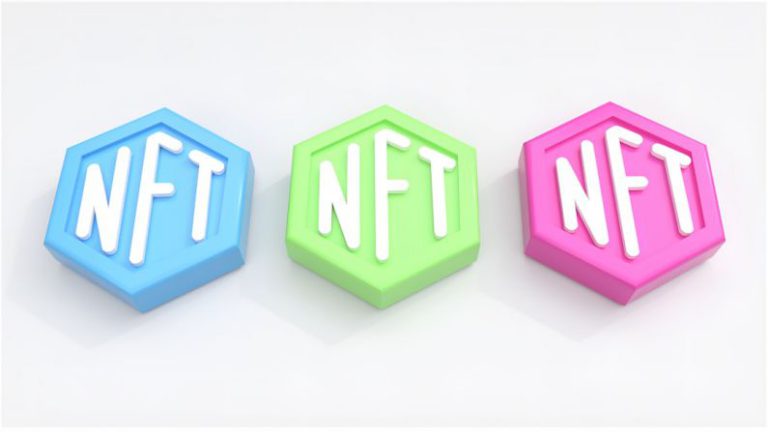What Role Does Blockchain Play in Cybersecurity?
Blockchain technology has revolutionized various industries in recent years, with its most prominent application being cryptocurrencies. However, beyond the realm of finance, blockchain is also making a significant impact on cybersecurity. In this digital age where cyber threats are becoming increasingly sophisticated, the role of blockchain in enhancing cybersecurity measures cannot be overstated.
**Securing Data with Immutable Records**
One of the key features of blockchain technology is its ability to create immutable and transparent records of transactions. In the context of cybersecurity, this feature is particularly valuable in securing sensitive data. Traditional centralized databases are vulnerable to hacking and manipulation, as they have a single point of failure. In contrast, blockchain distributes data across a network of nodes, making it extremely difficult for cyber attackers to tamper with the information stored on the blockchain.
By storing data in a decentralized and immutable ledger, blockchain technology ensures that any changes made to the data are transparent and traceable. This not only enhances the integrity of the data but also provides a reliable audit trail, which is crucial for investigating security breaches and identifying the source of unauthorized access.
**Enhancing Identity Management**
Identity theft and unauthorized access to personal information are major concerns in the realm of cybersecurity. Blockchain technology offers a solution to these challenges by providing a secure and decentralized platform for identity management. By leveraging blockchain’s cryptographic algorithms and decentralized network, individuals can have greater control over their digital identities and personal information.
Through blockchain-based identity management systems, users can securely store and manage their credentials, such as passwords, biometric data, and other sensitive information. Moreover, the use of blockchain for identity verification can help combat identity fraud and prevent unauthorized access to sensitive data.
**Securing IoT Devices**
The proliferation of Internet of Things (IoT) devices has significantly expanded the attack surface for cybercriminals. These interconnected devices are often vulnerable to security breaches, posing a serious threat to both individuals and organizations. Blockchain technology can play a vital role in securing IoT devices by establishing a trusted and decentralized network for communication and data exchange.
By integrating blockchain into IoT systems, device manufacturers can enhance the security and integrity of data transmitted between connected devices. The decentralized nature of blockchain ensures that data exchanges are encrypted and tamper-proof, reducing the risk of unauthorized access and data manipulation by malicious actors.
**Preventing DDoS Attacks**
Distributed Denial of Service (DDoS) attacks remain a persistent threat to online services and networks. These attacks overwhelm a target system with a flood of traffic, causing it to become unresponsive and unavailable to legitimate users. Blockchain technology can help mitigate the impact of DDoS attacks by providing a decentralized and resilient infrastructure for hosting web services.
Through blockchain-based hosting platforms, websites and online services can be distributed across a network of nodes, making it difficult for attackers to launch large-scale DDoS attacks. Furthermore, the decentralized nature of blockchain ensures that even if a subset of nodes is compromised, the rest of the network remains operational, thereby maintaining the availability of services.
**Conclusion: Safeguarding the Digital Landscape**
In conclusion, blockchain technology is playing an increasingly crucial role in strengthening cybersecurity measures in the digital landscape. From securing data with immutable records to enhancing identity management and protecting IoT devices, blockchain offers a robust and innovative approach to combating cyber threats. By leveraging the decentralized and transparent nature of blockchain, organizations and individuals can fortify their defenses against cyber attacks and safeguard their digital assets effectively. As cyber threats continue to evolve, the integration of blockchain technology in cybersecurity strategies will be essential in maintaining the integrity and security of digital ecosystems.






